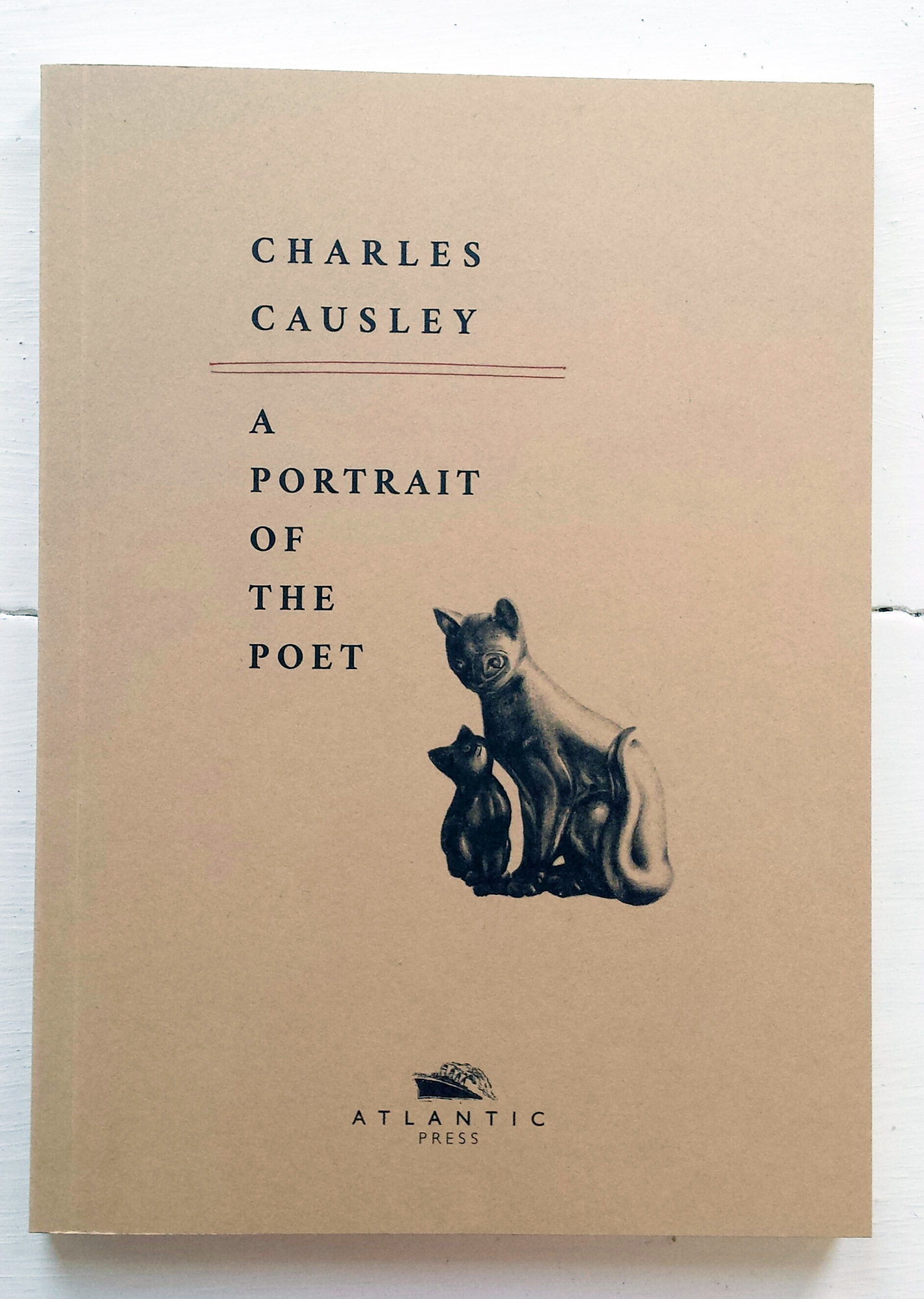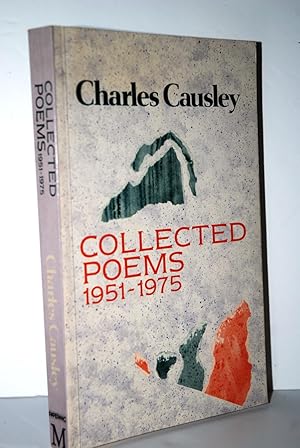

He corresponded with and was well-acquainted with such writers as Siegfried Sassoon, A. He also made many television and radio appearances over the post-war period, particularly for the BBC in the West Country, and as the presenter for many years of the BBC Radio 4 series Poetry Please.Īn intensely private person, he was nevertheless approachable and friendly. He was much in demand at poetry readings in the United Kingdom and worldwide-the latter travels were sometimes as part of Arts Council and British Council initiatives. He twice spent time in Perth as a visiting Fellow at the University of Western Australia, and also worked at the Banff School of Fine Arts in Canada.Ĭausley travelled still more widely and frequently, however, after taking early retirement in 1976 to pursue a full-time career in writing. Catherine's CofE Primary elsewhere in the town, where the National School had been relocated. He then worked full-time as a teacher at his old school for over 35 years, teaching for his very final year at St. The collection Survivor's Leave followed in 1953, and from then until his death Causley published frequently, in magazines, in his own volumes and shared ones, in anthologies and then in several editions of his Collected Poems.Īfter demobilisation in 1946, he took advantage of a government scheme to train as a teacher at Peterborough. His first collection of poems, Farewell, Aggie Weston (1951) contained the 'Song of the Dying Gunner A.A.1': įarewell, Aggie Weston, the Barracks at Guz, Later he served in the Pacific on the aircraft carrier HMS Glory, after promotion to petty officer.Ĭausley later wrote about his wartime experiences (and their longer-term impact on him) in his poetry, and also in a book of short stories, Hands to Dance and Skylark.

He enlisted in the Royal Navy in 1940 and served as an ordinary seaman during the Second World War, firstly aboard the destroyer HMS Eclipse in the Atlantic, at shore bases in Gibraltar and northwest England.

He played in a semi-professional dance band, and wrote plays-one of which was broadcast on the BBC West Country service before World War II. Ĭausley left school at 16, working as a clerk in a builder's office. When he was seven, in 1924, his father died from long-standing injuries incurred in World War I. He was educated at the local primary school and Launceston College. Former National School, Launceston, where Causley was both pupil and teacherĬausley was born at Launceston, Cornwall, to Charles Samuel Causley, who worked as a groom and gardener, and his wife Laura Jane Bartlett, who was in domestic service.


 0 kommentar(er)
0 kommentar(er)
